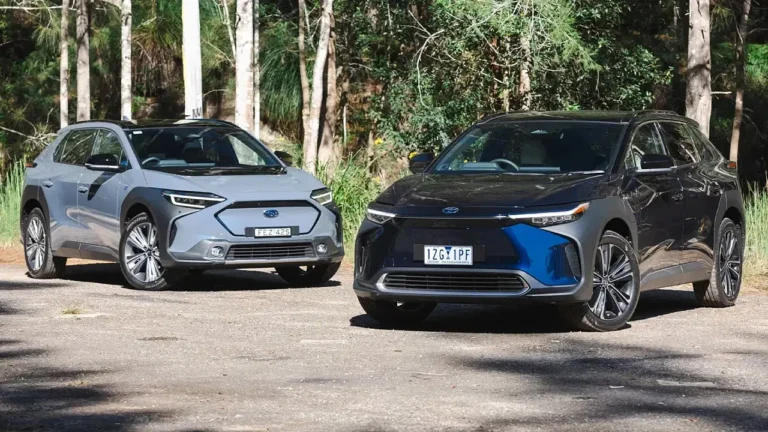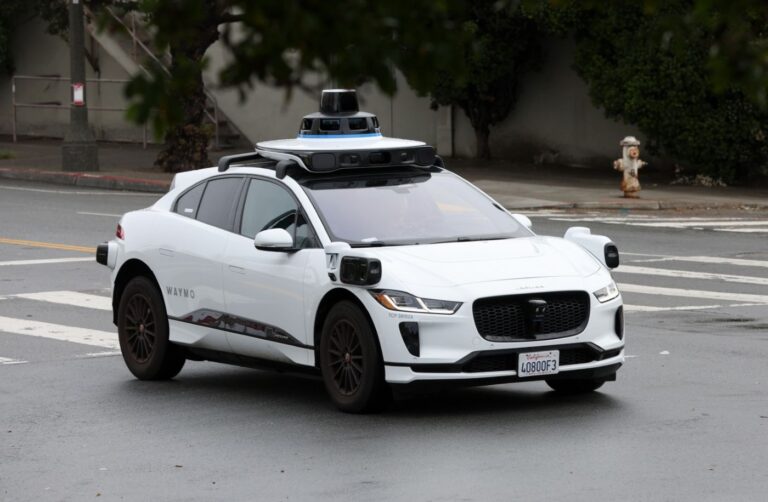On Thursday, U.S. safety regulators issued a recall affecting nearly all Cybertrucks currently on the road, marking the eighth recall for the Tesla-manufactured vehicle since customer deliveries began just over a year ago.
The National Highway Traffic Safety Administration (NHTSA) recall applies to over 46,000 Cybertrucks and cites concerns that an exterior panel running along both sides of the windshield may detach while driving. This issue poses a significant road hazard to other motorists and increases the likelihood of a crash.
According to the NHTSA report, the stainless steel strip—known as the cant rail assembly—situated between the windshield and the roof on either side is attached to the vehicle’s frame using structural adhesive. The proposed fix involves a different adhesive, one that has not shown susceptibility to “environmental embrittlement,” along with additional reinforcements.
Tesla will provide replacements at no cost to owners, with notification letters expected to be mailed by May 19, 2025.
The recall, which affects 46,096 Cybertrucks from the 2024 and 2025 model years, includes vehicles manufactured between November 13, 2023, and February 27, 2025. The NHTSA indicates Tesla became aware of the issue earlier this year.

In recent days, viral videos circulating on social media have shown individuals manually pulling off the panels from Cybertrucks with ease.
Since Tesla began deliveries of the Cybertruck in late 2023, the vehicle has been subject to eight recalls over the past 15 months due to safety defects. Notably, in November, a faulty electric inverter led to power loss in the drive wheels, prompting a recall. Additionally, last April, the vehicles were recalled to correct an issue with acceleration pedals that could become lodged in the interior trim. Other recalls have involved windshield wipers and the display screen.
This latest recall is yet another setback for the electric automaker owned by Elon Musk, which has faced heightened scrutiny since President Donald Trump took office. Musk’s role as head of the newly established Department of Government Efficiency (DOGE), tasked with reducing government spending, has further fueled controversy.
Meanwhile, Tesla properties, including showrooms, vehicle lots, and charging stations, have increasingly become targets of attacks. Privately owned Tesla vehicles have also been vandalized.

Last month, prosecutors in Colorado charged a woman in connection with attacks on Tesla dealerships, where Molotov cocktails were hurled at vehicles, and graffiti reading “Nazi cars” was sprayed on a building.
Additionally, federal agents in South Carolina recently arrested a man accused of setting fire to Tesla charging stations near Charleston. A Bureau of Alcohol, Tobacco, Firearms and Explosives (ATF) agent stated in an affidavit that authorities discovered writings in his bedroom and wallet critical of the government and DOGE.
Even before the wave of attacks escalated, Tesla has been facing growing challenges, particularly from intensifying competition in the electric vehicle market, with Chinese manufacturers posing a significant threat.
While the latest recall has had little immediate effect on the company’s operations, Tesla’s stock has plummeted 42% in 2025 amid widespread concerns over declining global sales.



